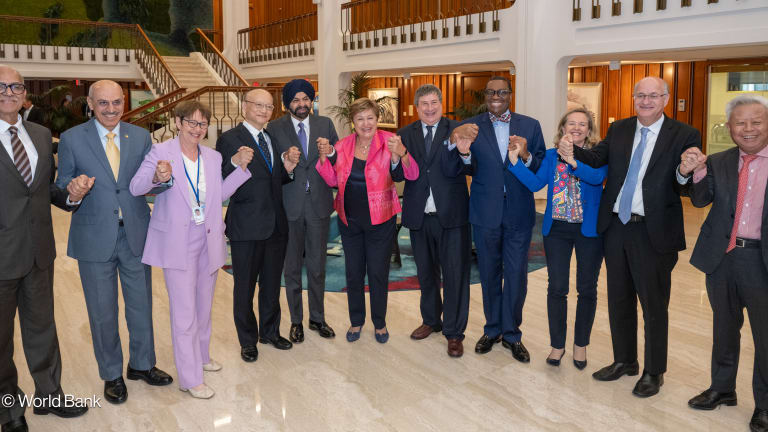Implementing development programs is, and should be, geared toward the advancement of society and the improvement of the quality of people’s lives.
But in reality, the narrative — at times — takes a different turn.
When a development program is mired in controversy because of unintended negative consequences, it can affect the overall impact of a development program. For instance, last year in the case of a railway project in Cambodia funded by the Asian Development Bank, thousands of displaced local residents were affected by forced resettlements, insufficient compensation and neglect of their human rights.
Printing articles to share with others is a breach of our terms and conditions and copyright policy. Please use the sharing options on the left side of the article. Devex Pro members may share up to 10 articles per month using the Pro share tool ( ).








